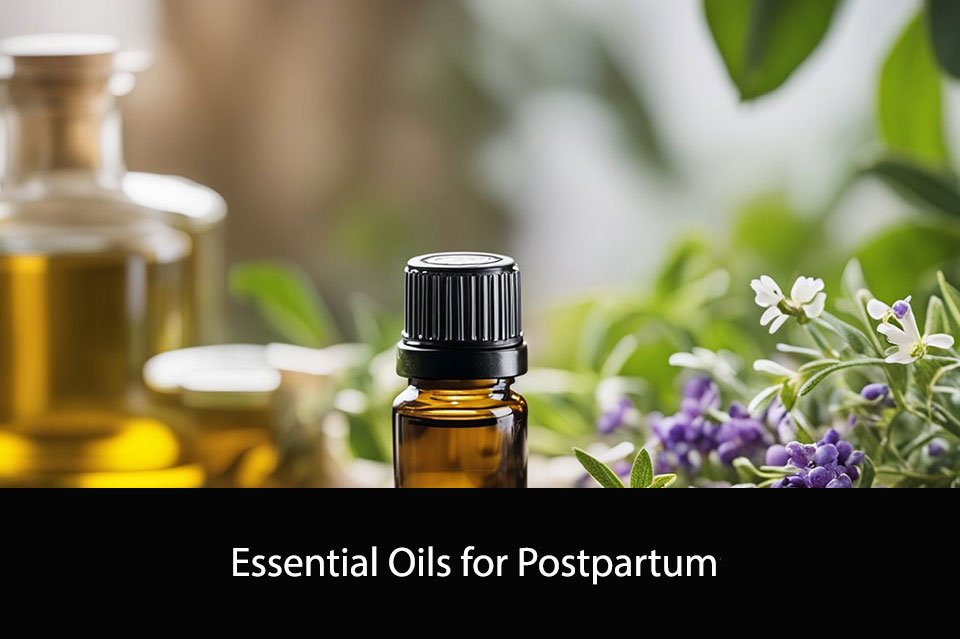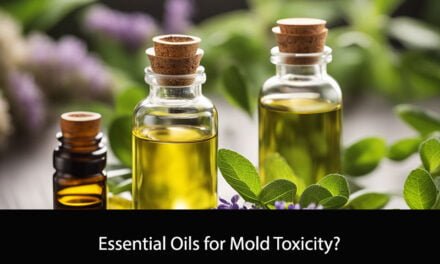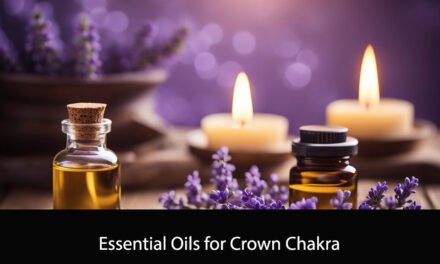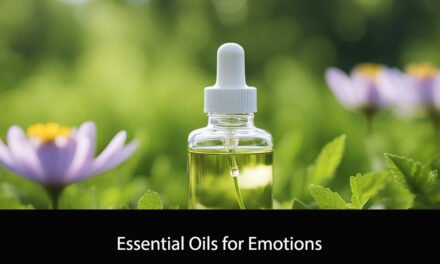Essential oils have been used for centuries to promote healing and relaxation. They are highly concentrated plant extracts that can be used for a variety of purposes, including postpartum care. Postpartum can be a challenging time for new mothers, and essential oils can provide natural support during this transition.
One of the most common uses of essential oils in postpartum care is for emotional support. Many new mothers experience mood swings, anxiety, and depression after giving birth. Essential oils such as lavender, chamomile, and bergamot have calming properties that can help ease these symptoms. They can be used in a diffuser, added to a warm bath, or applied topically with a carrier oil.
Essential oils can also be used to promote physical healing after childbirth. Some oils, such as frankincense and helichrysum, have anti-inflammatory properties that can help reduce swelling and promote tissue repair. Tea tree oil can be used to prevent and treat infection, while peppermint oil can help relieve pain and discomfort. It is important to note that essential oils should always be used with caution and under the guidance of a healthcare professional, especially during the postpartum period.
Understanding Essential Oils

Essential oils are highly concentrated plant extracts that are obtained through a process of steam distillation or cold pressing. They contain the aromatic compounds and other plant chemicals that give them their characteristic scent and therapeutic properties.
When it comes to postpartum care, essential oils can be a valuable tool for promoting relaxation, reducing stress, and supporting physical and emotional healing. However, it’s important to use them safely and responsibly, as they can also have potential side effects and interactions with medications.
Before using essential oils, it’s essential to understand their properties, benefits, and potential risks. Some essential oils are contraindicated during pregnancy and breastfeeding, while others are safe to use in moderation.
Here are some key things to keep in mind when working with essential oils:
- Always dilute essential oils in a carrier oil before applying them to the skin.
- Avoid using essential oils internally unless under the guidance of a qualified aromatherapist or healthcare provider.
- Test a small amount of diluted essential oil on a patch of skin before using it more extensively.
- Store essential oils in a cool, dark place away from sunlight and heat.
- Be aware of potential side effects, such as skin irritation, allergic reactions, and respiratory issues.
- Consult with a healthcare provider before using essential oils if you have any medical conditions or are taking medication.
By understanding the properties and safe use of essential oils, you can incorporate them into your postpartum care routine in a way that promotes healing and wellness.
Benefits of Essential Oils for Postpartum
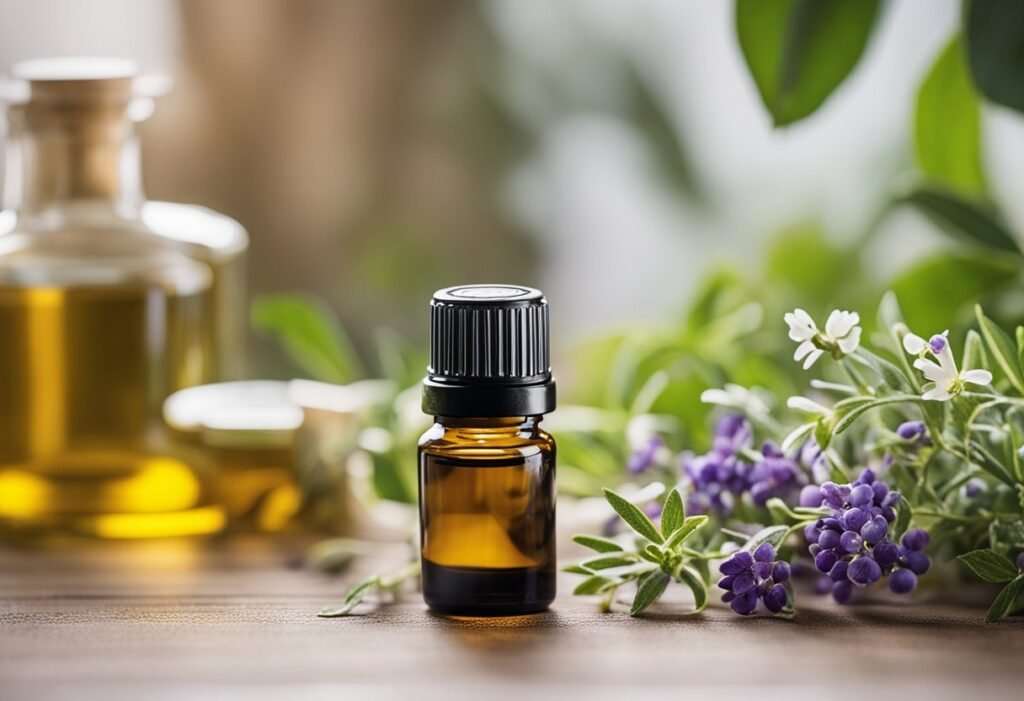
Using essential oils during the postpartum period can provide a range of benefits for new mothers. Here are some of the ways in which essential oils can help:
- Relaxation: Essential oils such as lavender and chamomile can help promote relaxation and reduce stress levels, which can be especially helpful during the postpartum period when new mothers may be feeling overwhelmed or anxious.
- Pain relief: Essential oils such as peppermint and eucalyptus can help provide relief from pain and discomfort, which may be particularly helpful for new mothers who have experienced tearing or other injuries during childbirth.
- Improved sleep: Essential oils such as valerian and bergamot can help promote better sleep, which is essential for new mothers who may be struggling to get enough rest in the early weeks and months after giving birth.
- Reduced inflammation: Essential oils such as frankincense and ginger can help reduce inflammation, which can be helpful for new mothers who are experiencing swelling or other inflammation-related issues.
- Boosted immunity: Essential oils such as tea tree and lemon can help boost the immune system, which can be particularly important for new mothers who may be more susceptible to illness during the postpartum period.
Overall, using essential oils during the postpartum period can provide a range of benefits for new mothers. However, it’s important to use them safely and under the guidance of a healthcare professional, especially if you are breastfeeding or have any underlying health conditions.
How to Use Essential Oils Safely Postpartum
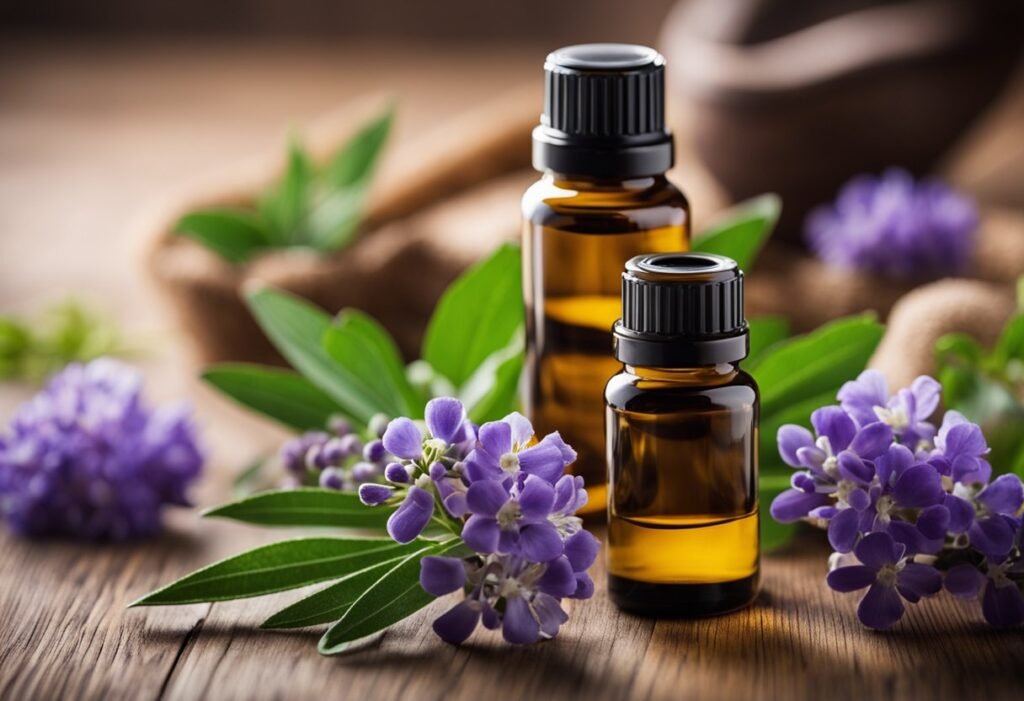
After giving birth, essential oils can provide a natural way to support your body’s healing process. However, it’s important to use them safely to avoid any adverse effects. Here are some tips on how to use essential oils safely postpartum.
Dilution Methods
Essential oils are highly concentrated plant extracts and should always be diluted before use. We recommend using a carrier oil such as coconut oil, jojoba oil, or sweet almond oil to dilute your essential oils. A good rule of thumb is to use a 1% dilution rate, which means adding one drop of essential oil per teaspoon of carrier oil.
Application Techniques
There are several safe and effective ways to apply essential oils postpartum. Here are a few techniques to consider:
- Massage: Dilute your essential oils in a carrier oil and gently massage onto your skin to promote relaxation and ease muscle tension.
- Inhalation: Add a few drops of essential oil to a diffuser or bowl of hot water and inhale deeply to promote respiratory health and emotional well-being.
- Bath: Add a few drops of essential oil to a warm bath and soak for 15-20 minutes to promote relaxation and ease sore muscles.
It’s important to note that some essential oils are not recommended for use during pregnancy or postpartum. Always consult with your healthcare provider before using any essential oils, especially if you are breastfeeding or have any underlying health conditions.
By following these simple tips, you can safely and effectively use essential oils postpartum to support your body’s natural healing process.
Top Essential Oils for Postpartum

As new mothers, we understand the importance of taking care of ourselves after childbirth. Essential oils can be a great way to support our physical and emotional well-being during this time. Here are some of the top essential oils for postpartum:
Lavender
Lavender is a popular essential oil known for its calming and soothing properties. It can help reduce stress and anxiety, promote relaxation, and improve sleep quality. For postpartum, lavender can be used to alleviate headaches, reduce inflammation, and promote healing of perineal tears.
Frankincense
Frankincense is a powerful essential oil with anti-inflammatory and antiseptic properties. It can help reduce swelling and pain, promote healing of wounds, and support healthy immune function. For postpartum, frankincense can be used to alleviate pain and inflammation, promote healing of cesarean incisions, and reduce the risk of infection.
Peppermint
Peppermint is a refreshing essential oil known for its cooling and invigorating effects. It can help relieve nausea, improve digestion, and reduce headaches. For postpartum, peppermint can be used to alleviate digestive discomfort, reduce inflammation, and promote healing of perineal tears.
Chamomile
Chamomile is a gentle essential oil with anti-inflammatory and calming properties. It can help reduce anxiety, promote relaxation, and improve sleep quality. For postpartum, chamomile can be used to alleviate pain and inflammation, promote healing of perineal tears, and reduce the risk of infection.
Overall, essential oils can be a great way to support our physical and emotional well-being during the postpartum period. However, it is important to use them safely and consult with a healthcare provider before use.
Potential Risks and Precautions
As with any natural remedies, essential oils can pose potential risks and precautions to consider, especially during the postpartum period. It is important to consult with a healthcare provider before using essential oils, especially if you are breastfeeding or have any underlying medical conditions.
Here are some potential risks and precautions to keep in mind when using essential oils during postpartum:
- Skin Irritation: Essential oils are highly concentrated and can cause skin irritation or allergic reactions. It is important to perform a patch test before using any essential oils topically and to dilute them properly with a carrier oil.
- Ingestion: Some essential oils can be toxic if ingested, and it is important to avoid ingesting essential oils unless under the guidance of a healthcare provider.
- Breastfeeding: While some essential oils are generally safe to use during breastfeeding, others can decrease milk supply or be harmful to the baby. It is important to consult with a healthcare provider before using any essential oils while breastfeeding.
- Medical Conditions: Essential oils can interact with certain medications or exacerbate certain medical conditions. It is important to consult with a healthcare provider before using essential oils if you have any underlying medical conditions or are taking any medications.
In conclusion, essential oils can provide many benefits during the postpartum period, but it is important to use them with caution and under the guidance of a healthcare provider. By following these potential risks and precautions, you can safely incorporate essential oils into your postpartum wellness routine.
Consulting a Professional
When it comes to using essential oils for postpartum, it’s important to consult with a professional before using them. This is especially true if you are breastfeeding, as some essential oils can be harmful to your baby.
We recommend speaking with a certified aromatherapist or a healthcare provider who is knowledgeable about essential oils. They can help you determine which oils are safe to use and provide guidance on how to use them properly.
Additionally, it’s important to remember that essential oils are not a substitute for medical care. If you are experiencing any postpartum symptoms or complications, it’s essential to seek medical attention.
Overall, while essential oils can be a helpful addition to postpartum care, it’s crucial to consult with a professional and prioritize your health and safety.
Frequently Asked Questions

What essential oils are recommended for postpartum healing?
There are several essential oils that are recommended for postpartum healing, including lavender, frankincense, helichrysum, and roman chamomile. These oils can help reduce inflammation, promote healing, and provide emotional support during the postpartum period.
What are the benefits of using essential oils for postpartum recovery?
Essential oils can provide numerous benefits for postpartum recovery, including reducing pain and inflammation, promoting healing, and providing emotional support. They can also help with relaxation and stress relief, which can be especially helpful during this time.
Are there any essential oils that should be avoided during postpartum?
Yes, there are some essential oils that should be avoided during postpartum, including clary sage, peppermint, and wintergreen. These oils can potentially affect milk supply and should be used with caution or avoided altogether.
How can essential oils be safely used during breastfeeding?
Essential oils can be safely used during breastfeeding, but it is important to use caution and follow proper dilution guidelines. It is also recommended to avoid using certain oils, such as peppermint and sage, which can potentially affect milk supply.
What are some ways to use essential oils for postpartum support?
There are several ways to use essential oils for postpartum support, including diffusing them, using them topically, and adding them to a bath. It is important to follow proper dilution guidelines and consult with a healthcare provider before use.
Can essential oils help with postpartum depression?
While essential oils can provide emotional support during the postpartum period, they should not be used as a substitute for professional medical treatment for postpartum depression. It is important to consult with a healthcare provider for proper treatment and support.

